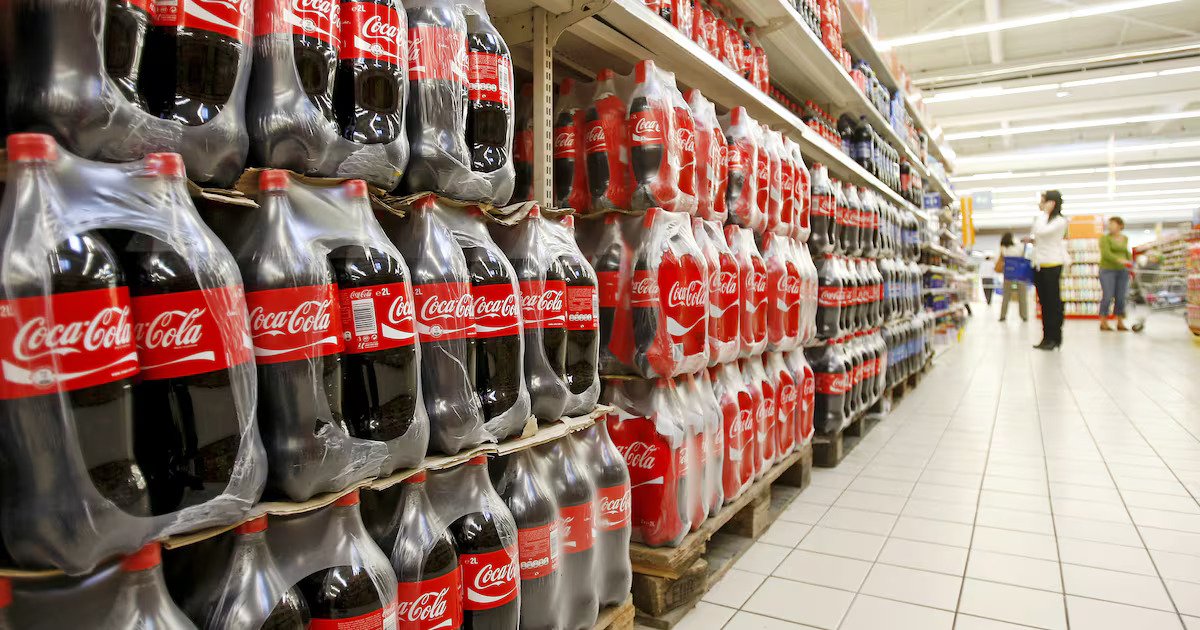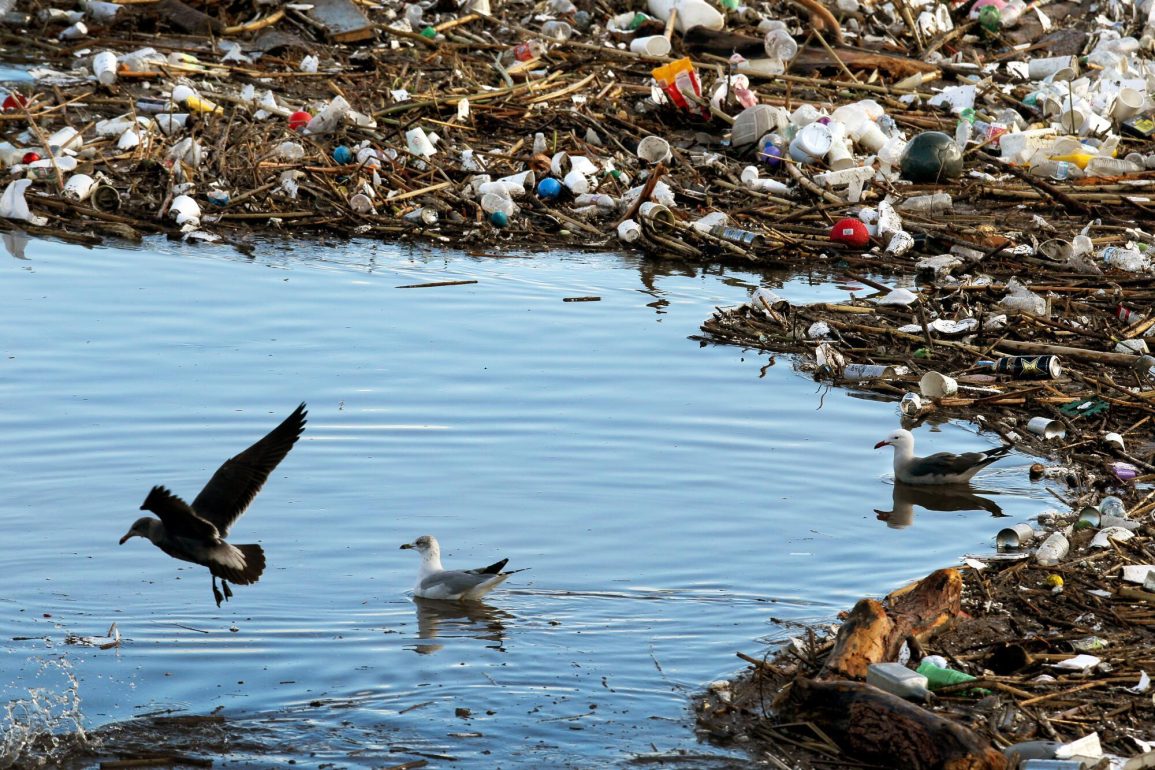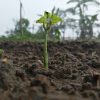Los Angeles County has initiated a lawsuit against Coca-Cola and PepsiCo, accusing the beverage giants of misleading consumers about the recyclability of their plastic bottles. The county’s complaint alleges that while both companies market their products as recyclable, they are aware that the majority of these bottles ultimately end up in landfills rather than being effectively recycled.
Furthermore, the lawsuit highlights the environmental harm associated with attempting to recycle these plastics, questioning the integrity of the companies’ claims regarding their sustainability practices.
In the complaint, Los Angeles County specifically points out what it deems false statements made by PepsiCo about achieving a “circular economy” for the plastics it utilizes. Additionally, the lawsuit challenges both companies’ promises to eliminate the use of virgin plastic, which is newly manufactured and has not been processed before.
This legal action underscores the broader concerns about plastic pollution, particularly in California, where plastic waste constitutes a significant portion of litter, especially on beaches. In 2021 alone, the production of plastic water bottles resulted in an estimated 25 million tons of waste, most of which was not recycled.

Los Angeles County’s leadership, particularly Board Chair Lindsey P. Horvath, emphasized the county’s commitment to reducing plastic use and safeguarding the environment. Horvath called on Coca-Cola and PepsiCo to acknowledge their roles in contributing to plastic pollution and to cease what she describes as deceptive practices. The lawsuit seeks to hold these corporations accountable for their environmental impact, suggesting that their marketing tactics have misled consumers regarding the recyclability of their products.
Environmental advocacy group Break Free From Plastic has ranked Coca-Cola and PepsiCo among the largest plastic polluters globally, with Coca-Cola producing approximately 3.2 million metric tons of plastic each year and PepsiCo generating around 2.5 million metric tons. This highlights the significant scale of plastic waste produced by these companies and raises questions about their environmental responsibility and sustainability efforts.
Research published in February has reinforced the county’s claims, suggesting that the notion of plastics being recyclable is largely a public relations strategy rather than a reality. The findings indicated that even when plastics are collected for recycling, many municipalities resort to burning or landfilling the materials instead of processing them for reuse.
In response to the lawsuit, the American Beverage Association defended its member companies, asserting that California has one of the highest bottle recycling rates in the U.S. and that their products are designed with recyclability in mind.

